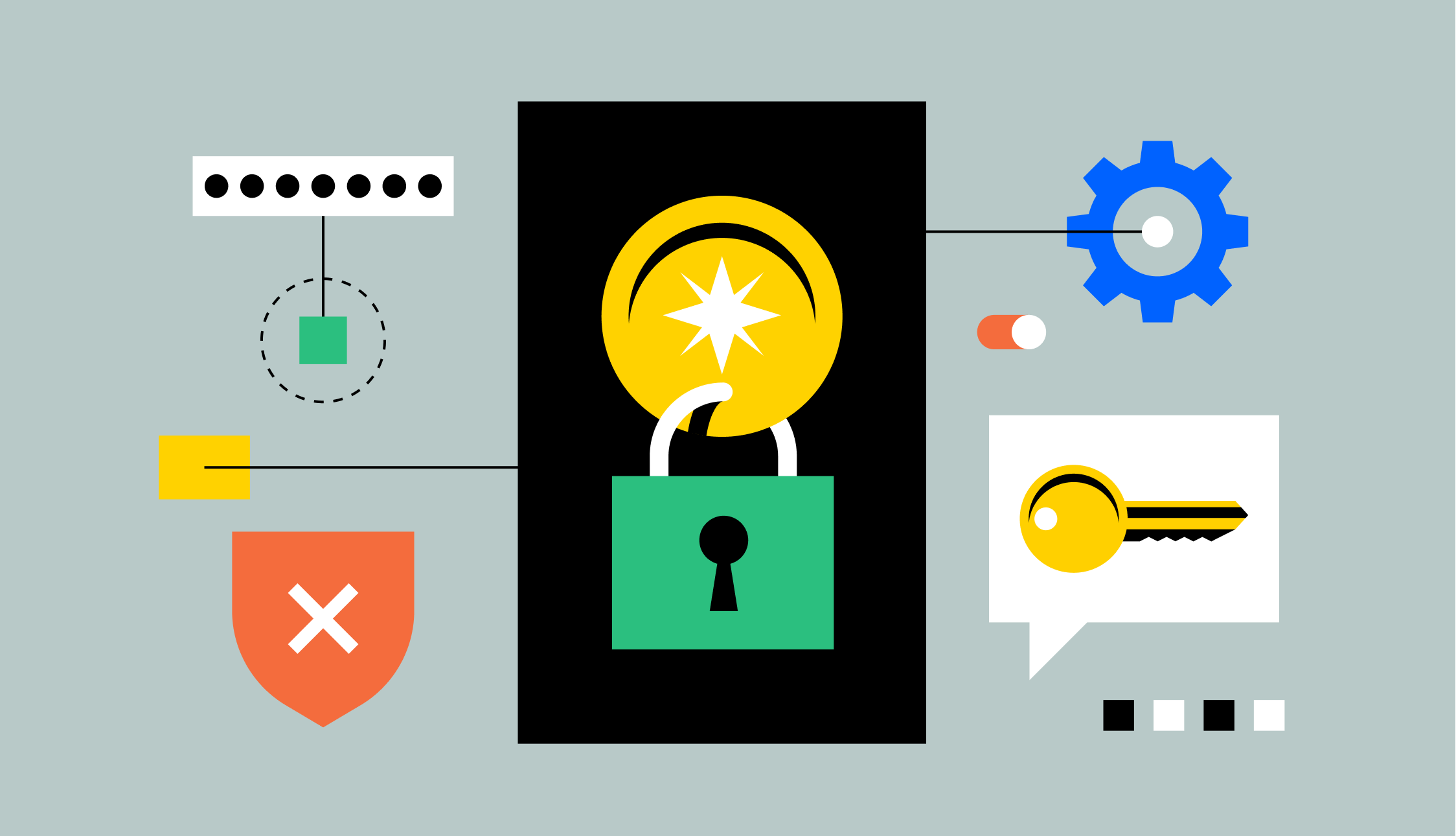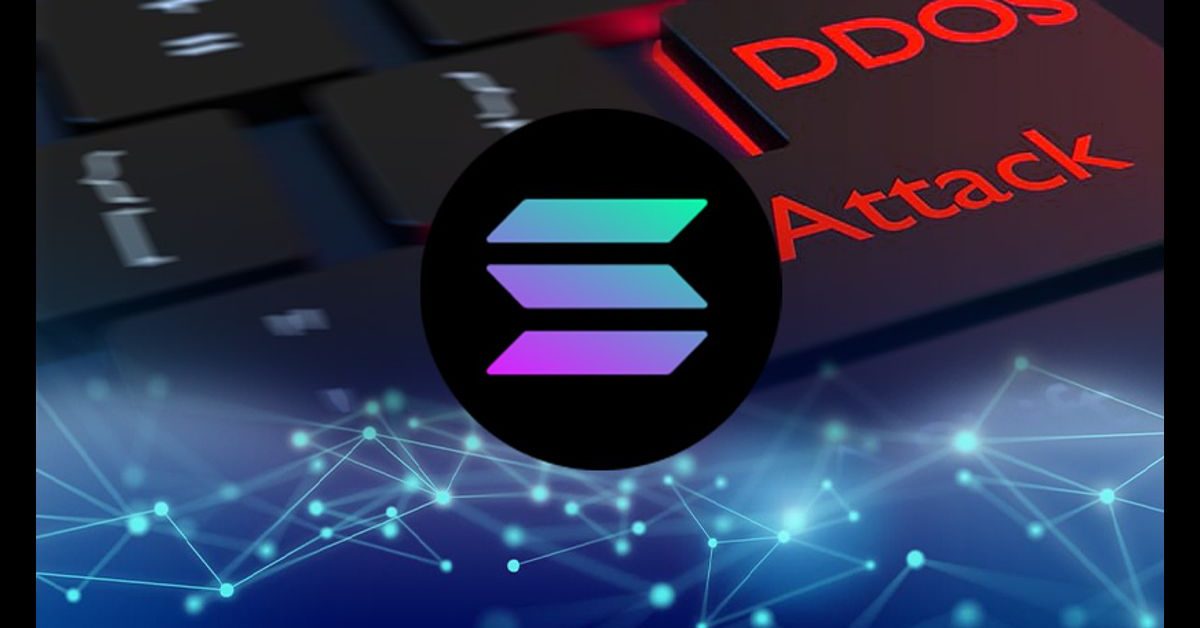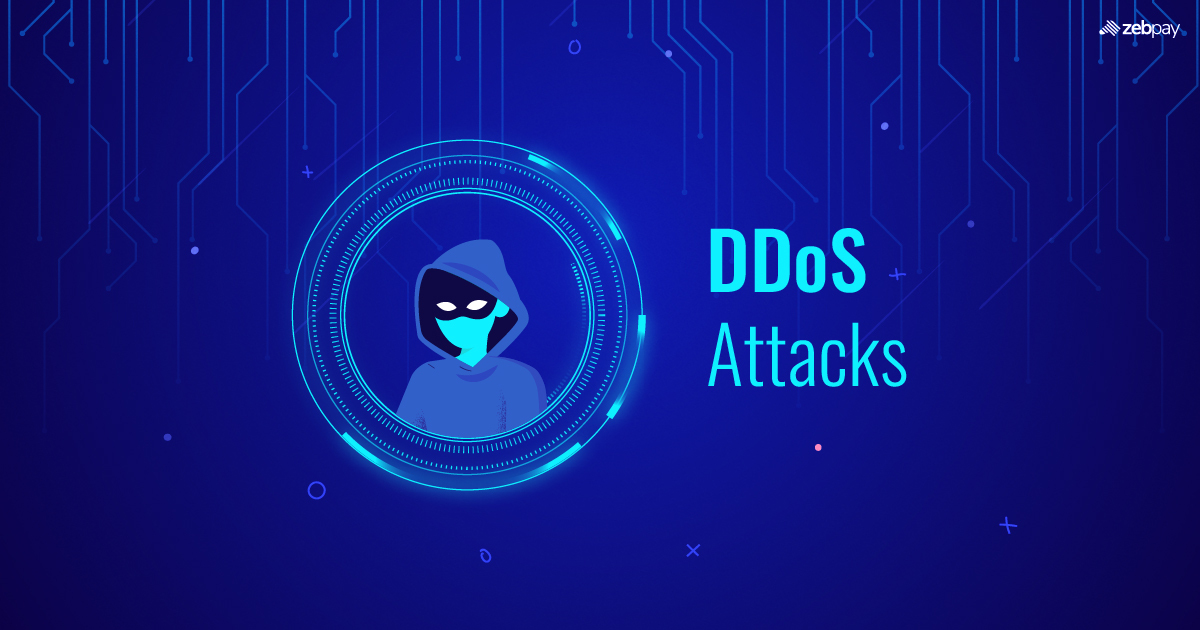Bitcoin Security and Distributed Denial of Service (DDoS) Attacks: How to Protect Your Network

Bitcoin Security and Distributed Denial of Service (DDoS) Attacks: How to Protect Your Network

Among the most common and potent threats to Bitcoin networks are Distributed Denial of Service (DDoS) attacks. These attacks can cause severe disruptions, financial losses, and damage the reputation of Bitcoin. This article will explore the importance of BTC security, the impact of DDoS attacks on BTC networks and how to protect Bitcoin against DDoS. If you are into crypto investments, you must consider knowing about the Ankr-Microsoft Partnership.
The Importance of Bitcoin Security

Bitcoin, a decentralized digital currency, has gained immense popularity and adoption since its inception in 2009. As it operates on a peer-to-peer network, it eliminates the need for traditional intermediaries like banks or financial institutions. However, this decentralized nature also poses unique security challenges, making it crucial for users and businesses to prioritize Bitcoin security.
In recent years, the cryptocurrency space has experienced a surge in cyber threats, including Distributed Denial of Service (DDoS) attacks. These attacks can disrupt services, cause financial losses, and damage the reputation of individuals and organizations involved in Bitcoin and other cryptocurrencies.
To ensure the safety and integrity of Bitcoin networks, users must stay informed about potential risks and implement proactive security measures. By understanding the nature of DDoS attacks and employing effective strategies to prevent and mitigate them, users can safeguard their digital assets and maintain confidence in the world of cryptocurrencies.
The Impact of DDoS Attacks on Bitcoin Networks

Distributed Denial of Service (DDoS) attacks can have a profound impact on Bitcoin networks and the broader cryptocurrency ecosystem. Some of the most significant consequences include:
A successful DDoS attack can cause severe disruptions to the normal functioning of Bitcoin services, such as exchanges, wallets, and mining pools. This can lead to delayed transactions, the inability to access funds, or even temporary shutdowns, all of which create an unstable environment for Bitcoin users and businesses.
DDoS attacks can result in direct financial losses for individuals and organizations. For instance, a targeted exchange may lose trading fees due to the interruption of services, while users may lose funds if they are unable to execute time-sensitive trades or access their wallets. Additionally, the associated downtime can lead to a loss of revenue for businesses that rely on Bitcoin transactions.
DDoS attacks can significantly damage the reputation of targeted organizations and the broader Bitcoin network. A high-profile attack can erode trust in the affected platform and cause users to question the security and reliability of cryptocurrency services. This lack of trust may discourage new users from adopting Bitcoin and prompt existing users to seek alternative platforms or digital currencies.
Several major DDoS attacks on Bitcoin exchanges and platforms have made headlines in recent years, highlighting the vulnerabilities in the cryptocurrency space.
How to Protect Your Bitcoin Network from DDoS Attacks

Protecting your Bitcoin network from DDoS attacks involves a combination of robust network infrastructure, effective detection and mitigation techniques, and adherence to best practices. Here are some essential steps to safeguard your network and digital assets:
Ensuring network redundancy: By having multiple network connections and backup systems in place, you can minimize the impact of DDoS attacks. Network redundancy allows your system to remain operational, even when one of the connections is targeted by an attack.
Load balancing helps distribute network traffic evenly across multiple servers, preventing any single server from becoming overwhelmed during a DDoS attack. This can help maintain the availability of services and reduce the likelihood of a complete system shutdown.
CDNs are a network of servers distributed across multiple geographical locations, designed to serve content to users from the closest server. By caching and serving content from multiple locations, CDNs can help absorb the impact of a DDoS attack and maintain service availability.
IDS and IPS are critical tools that monitor network traffic for suspicious activity, detect potential DDoS attacks, and take appropriate action to mitigate the threat. Regularly updating these systems is essential for effective protection.
These tools help identify and filter out malicious traffic, thereby reducing the impact of DDoS attacks on your network. Traffic analysis tools can help identify patterns and trends in network traffic, making it easier to detect and block DDoS attacks.
Several companies offer DDoS mitigation services, which provide dedicated solutions to protect your network against DDoS attacks. These services can detect and mitigate attacks in real-time, minimizing the potential damage to your network and services.
Conclusion
In conclusion, securing Bitcoin networks against Distributed Denial of Service (DDoS) attacks is a crucial aspect of maintaining the integrity and stability of the cryptocurrency ecosystem. By understanding the nature of these attacks, and implementing a combination of strong network infrastructure, detection and mitigation techniques, and adhering to best practices, users can effectively safeguard their networks and digital assets.




